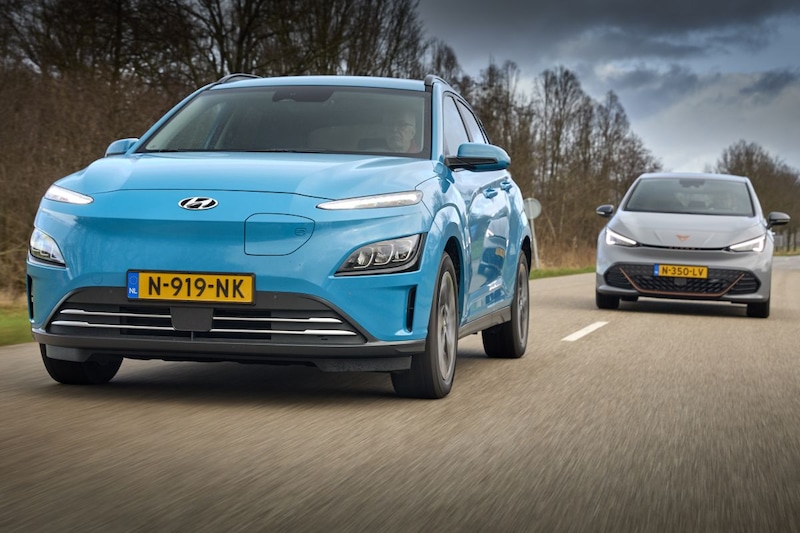‘Stagnation due to misconceptions and lack of knowledge’

A striking conclusion from Nationale Nederlanden: a lack of knowledge about electric or hybrid driving prevents many from making the switch. Costs also play a role, of course, to such an extent that if the costs were the same, the majority of Dutch people would already drive (partly) electrically.
Nationale Nederlanden sees a much brighter future for electric driving than the current picture. After all, only just under 14 percent of the Dutch vehicle fleet is currently fully electric or hybrid, but according to NN, the transition could go much faster if more Dutch people were aware of the real financial picture of electric and hybrid driving. For example, almost three-quarters of respondents to a survey by Nationale Nederlanden wrongly believe that insurance and maintenance are more expensive than for fuel cars.
Maurice Koopman, CEO Non-Life & Income at Nationale Nederlanden, sees that such misconceptions hinder the switch for many, also when it comes to future costs: “It is crucial for private individuals and entrepreneurs to be well informed about upcoming legislation. and regulations. It is important to look at the total cost of ownership when buying a more sustainable car. Now, these cars are often more expensive to purchase, but cheaper in other costs On the other hand, we expect the purchase value to decrease.”
Yet NN also knows that fully electric cars in particular are now even more expensive in terms of purchase costs than their fuel equivalents. If these purchase costs were the same, then – as NN points out – according to research by Markteffect, almost 60 percent of private individuals and self-employed people would already drive partially or completely electrically, and within the SME and large business fleet this would be as high as 73 and are 84 percent.
According to NN, achieving such percentages mainly depends on how people are informed. For example, according to the insurer, it may also be worthwhile to look into possible incentives from your employer. According to NN research, 87 percent of employers would encourage sustainable travel, while three-quarters of employees say they are not encouraged by their employer. The fact remains that such an incentive must be strong enough to make it attractive enough from a cost perspective. Of course, not everyone has the money to purchase a new or new car.
– Thanks for information from Autoweek.nl